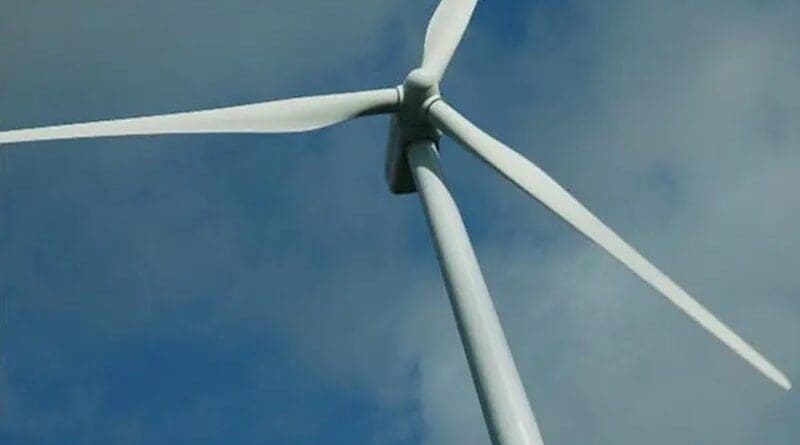New ESCAP Committee Charts Sustainable Energy Future For Asia And Pacific
To overcome multiple energy challenges facing the Asia-Pacific region, the newly formed Committee on Energy, convened by the United Nations Economic and Social Commission for Asia and the Pacific (ESCAP), is meeting for the first time this week.
Development in the Asia-Pacific region is hampered by isolated energy networks that cause some countries to experience energy shortages, while others have an energy surplus.
It is estimated that as recently as 2014, power outages cost India 5 percent of its GDP, while surplus wind and solar power generation is being curtailed in other countries due to oversupply. Development of cross-border power-grids can open up opportunities for both economic growth and decarbonization.
Additionally, half a billion people across Asia and the Pacific have no access to electricity, creating an energy access gap.
“The region’s approach to energy infrastructure planning must be recast to usher in a regional vision for trading of electricity and gas between countries. Modern policies that spur innovation, drive down costs and level the playing field for new technologies are needed. A scale up of both public and private investment in energy access projects is long overdue to bring modern energy to half a billion mainly rural poor across the region,” said Dr. Shamshad Akhtar, Under-Secretary-General of the United Nations and
Executive Secretary of ESCAP, during her opening statement at the Committee.
Prior to the opening of the Committee this week, government officials, private sectors and experts met to exchange ideas on the critical issues facing Asia-Pacific’s transition to sustainable and clean energy. The policy dialogue provided insights for Committee deliberations as well as the upcoming theme study “Regional Cooperation for Sustainable Energy” for the 73rd ESCAP Commission Session, scheduled to be held in May 2017.
The Committee will discuss key energy priorities for the region including: accelerating uptake of renewables and energy efficiency; establishing cross-border energy connectivity; promoting regional approaches to energy security and ensuring the region moves towards a sustainable energy future in line with the 2030 Agenda for Sustainable Development.
As part of the Committee agenda, a ministerial panel brought together high-level officials to review the energy transition required to support the Sustainable Development Goals and energy connectivity for regional economic cooperation and integration. Panellists highlighted their country’s energy needs, successes and challenges, and outlined other priorities to ensure that energy systems and infrastructure are resilient to climate change and disasters.

